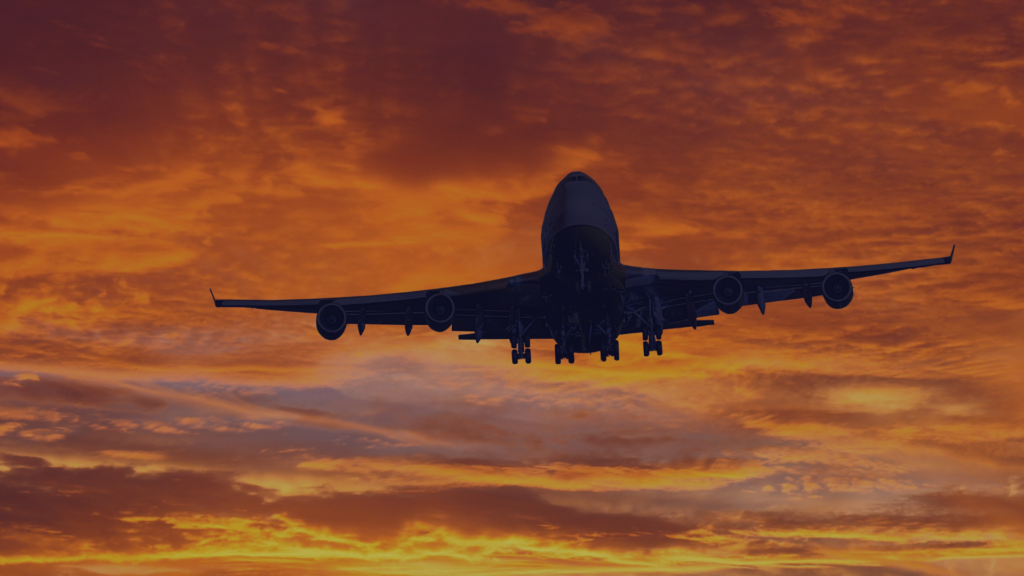How Did South Korea’s Jeju Air Plane Crash?
- Home
- »
- English Teaching Resources
- »
- Easy to Hard English News with Audio
- »
- How Did South Korea’s Jeju Air Plane Crash?
Practice your English with news articles written at different levels! Learn new words and improve your English skills with real-world news. Listen to the audio version of the article to enhance your listening comprehension and pronunciation.
Most passengers and crew on a Jeju Air flight died after the plane crash-landed in South Korea on Sunday. Out of 181 people on the Boeing 737-800, 179 died. Only two cabin crew members survived and were pulled from the wreckage.
The plane landed at Muan International Airport in the south of the country. It skidded off the runway and hit a wall, causing a big explosion. Flight 2216 was coming back from Bangkok, Thailand. There were six crew members and 175 passengers, many of them on holiday.
It is still not clear what caused the crash. Experts are confused because the plane did not seem to have any problems before landing. Government investigators have taken the flight data and voice recorders from the cockpit. These will help them find out what happened. But it could take a few weeks to get the results.
Officials are checking if the plane was hit by birds, which might have caused engine failure and problems with the wheels. The airport control tower gave a bird strike warning to the plane just before the pilot signaled to land and got permission to land in a different place. But before the plane landed, the pilot called “mayday” and reported a bird strike.
Bird strikes are common in aviation. A plane might hit a flock of birds and one could get into the engine, causing problems. But these accidents rarely cause human deaths.
Some experts think a bird strike alone is not likely to have caused the crash. Modern planes are designed to handle such problems. They have backup systems that help keep the plane under control if an engine or landing gear fails.
Vocabulary and Phrases: crash-landed (landed forcefully causing damage), wreckage (remains of something destroyed), skidded (slipped uncontrollably), explosion (a violent burst), investigators (people who examine causes), flight data (information recorded during a flight), engine failure (loss of engine power), control tower (airport traffic control center), bird strike (an aircraft collision with birds), mayday (emergency distress call), aviation (the science and practice of flying), flock (group of birds), backup systems (secondary systems for safety), landing gear (wheels and structures for landing)

A tragic incident occurred on Sunday when a Jeju Air flight tragically ended in disaster after crash-landing in South Korea. Out of the 181 individuals aboard the Boeing 737-800, a staggering 179 lost their lives. Remarkably, only two members of the cabin crew survived, having been extracted from the debris.
The plane made its final landing attempt at Muan International Airport, located in the southern region of the country. After touching down, it veered off the runway and collided with a wall, leading to a significant explosion. Identified as Flight 2216, the aircraft was returning from Bangkok, Thailand. Among those onboard were six crew members and 175 passengers, many of whom were holidaymakers.
The precise cause of this catastrophic event remains uncertain. Despite initial assessments indicating no apparent issues with the plane prior to landing, experts remain perplexed. Government investigators have secured the flight data and voice recorders from the cockpit, hoping these will provide insight into the incident. However, conclusive results from the analysis may take several weeks.
Authorities are investigating whether a bird strike resulted in the aircraft’s engine failure and wheel issues. The plane received a warning about potential bird strikes from the airport’s control tower shortly before the pilot requested and received clearance to land elsewhere. However, prior to landing, the pilot issued a “mayday” signal, indicating a bird strike had occurred.
Bird strikes are a frequent occurrence in aviation, where an aircraft might collide with a flock, potentially leading to an engine issue. Despite these encounters, fatalities are rare.
Some aviation specialists argue that a bird strike alone is unlikely to have caused the crash, as contemporary aircraft are engineered to manage such incidents, equipped with redundant systems that aid in maintaining flight control even if an engine or landing gear fails.
Vocabulary and Phrases: tragic incident (a very sad and unfortunate event), crash-landing (landed forcefully causing damage), aircraft (a vehicle designed for air travel), explosion (a violent burst), investigators (people who examine the details of an event), bird strike (an aircraft collision with birds), mayday (emergency distress call), engine failure (loss of engine power), aviation (the science and practice of flying), redundant systems (backup systems designed to take over if the primary system fails)
Turn this article to C1 Level!
1. Click the button to copy the B1 Level article
2. Go to the Level Adaptor
3. Paste the article
4. Select your level
5. Click Adapt and the article will be ready at your level!
